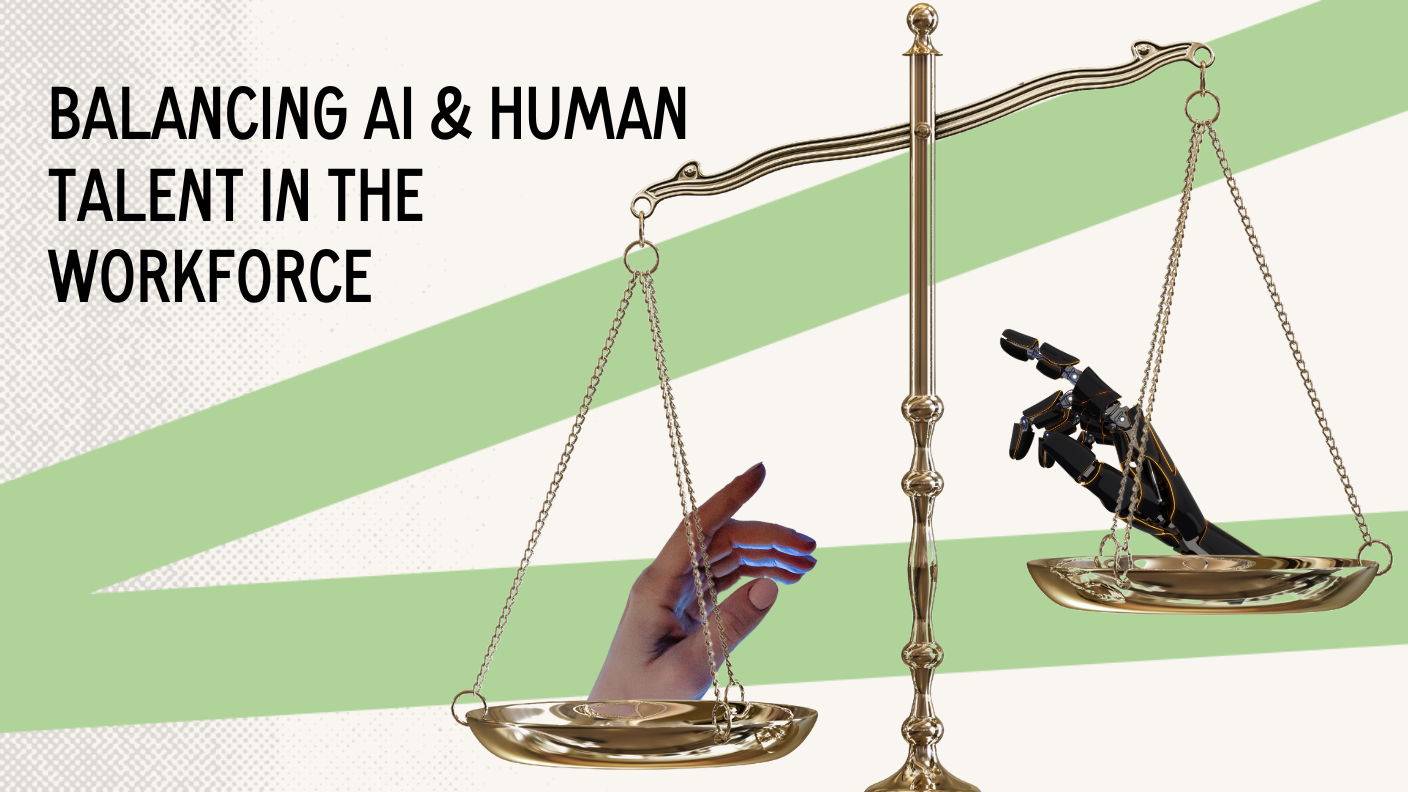At Climb Hire, the national non-profit I founded and lead, dedicated to upskilling low-income and overlooked working adults for new careers, we piloted an AI resume-writing program to enhance our Climbers’ job prospects. The results underscored a crucial lesson about the balance between technology and human development, a lesson that all employers should be mindful of as we deepen our reliance on AI in 2024.
Many Climbers, who had limited access to technical resources before joining the program, faced challenges in crafting AI prompts for high-quality resumes. Additionally, many lacked an understanding of the components of a strong resume, resulting in subpar end products. Consequently, their resumes failed to showcase unique strengths or include crucial industry keywords, hindering their job opportunities. Compounding matters, they often relied on the language inserted by the AI during interviews, leading to repeated mistakes and omissions.
This disconnect between ambition and outcome highlighted the gap between AI’s current capabilities and the needs of entry-level job seekers. It became clear that simply giving our Climbers access to AI tools wasn’t enough; we also needed to equip them with the skills to use them. The effectiveness of technology is dependent on the user’s skills and understanding.
Another challenge we’ve observed is a desire by employers to automate entry-level tasks, which may seem efficient and cost-effective initially, but overlooks the essential role these positions play in career development and organizational growth. Without the foundational training and insights learned at the entry level, how can an employee grow and transition effectively into a mid-level professional, especially when mid-level professionals are expected to have honed these skills and knowledge from their time as entry-level staff? Businesses may save costs short-term, but the long-term effects on the bottom line can be disastrous.
Allow me to use a sports metaphor to illustrate what I mean. Imagine you’re managing a baseball franchise and in an effort to create efficiencies and save costs, you eliminate your farm team. Yet, in doing so, you remove the practice field where players learn crucial skills, the real-world application of strategies, the nuances of teamwork, and the unpredictable dynamics of a live game. You’ve lost the training ground that turns raw rookies into experienced ball players, essential for the long-term strength—and the financial viability—of the team. In the AI revolution, replacing entry-level workers with robots is like axing the farm team. You’re creating a skills gap. Businesses need to develop their rookies to build a winning team for the future.
In response to this evolving landscape, our focus in the new year will be to incorporate the lessons of our resume-writing pilot in order to arm Climbers with the tools and training needed to use technology to unlock promising career opportunities.
Our commitment doesn’t end there. We’re working with employers to ensure their entry level employees have the opportunities to learn skills that businesses need to thrive in the future. Our goal is to ensure these positions are not just jobs, but stepping stones to greater career growth. We’re advocating for workplaces that don’t just use AI for efficiency but utilize it as a tool alongside human creativity and problem-solving, ensuring a workforce ready for tomorrow’s challenges.
Join us as we strive to use this remarkable technology wisely. Share with me how AI has touched your professional life and let’s learn together how to ensure a robust and dynamic workforce for years to come!
#AI #SkillsTraining #FutureOfWork #2024

